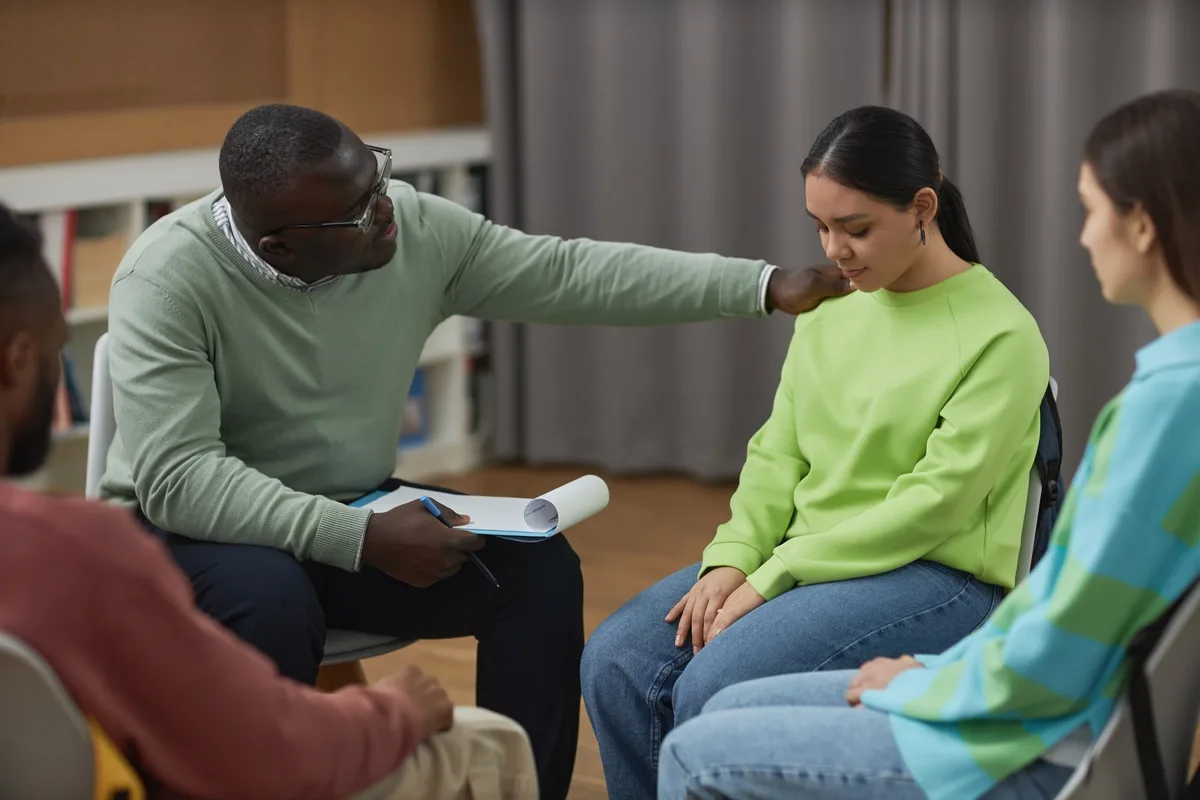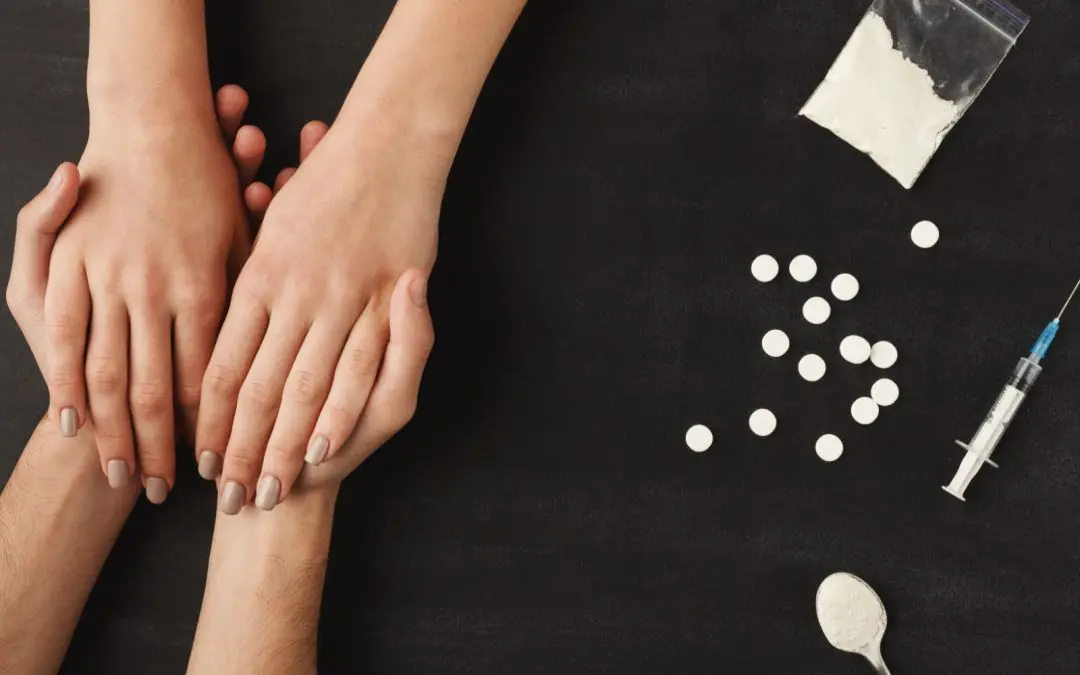centers in
, Virginia are crucial in addressing the growing issue of drug and alcohol addiction in the area. Located in the southeastern part of Virginia, Chesapeake is part of the Hampton Roads metropolitan region. It boasts a diverse population of approximately 245,000 residents, making it one of the largest cities in the state. With its extensive parks, recreational facilities, and a rich history, Chesapeake serves as a hub for families and businesses alike. However, alongside its suburban charm lies a concerning rise in drug and alcohol addiction that poses a significant threat to the community's wellbeing. Substance abuse impacts not only individuals but also families and friends, leading to broader social issues and increasing healthcare costs. This makes the role of
centers in Chesapeake, Virginia essential. These facilities provide a safe haven for those suffering from addiction, offering comprehensive treatment programs tailored to individual needs. The journey to recovery is supported by professionals who understand the complexities of addiction and incorporate evidence-based practices into their treatment approaches. Historically, Chesapeake has played a vital role in American history, originally known for its agricultural and transportation significance during the colonial period. Today, it faces new challenges as the opioid epidemic and alcohol-related issues continue to escalate. As a response, local rehab centers are stepping up, ensuring that residents have access to the treatment they need. By raising awareness and improving the availability of addiction treatment in Chesapeake, Virginia, we can foster a healthier community and promote long-lasting recovery for those affected by drug and alcohol addiction.
One can also look for
.
Learn more about








































